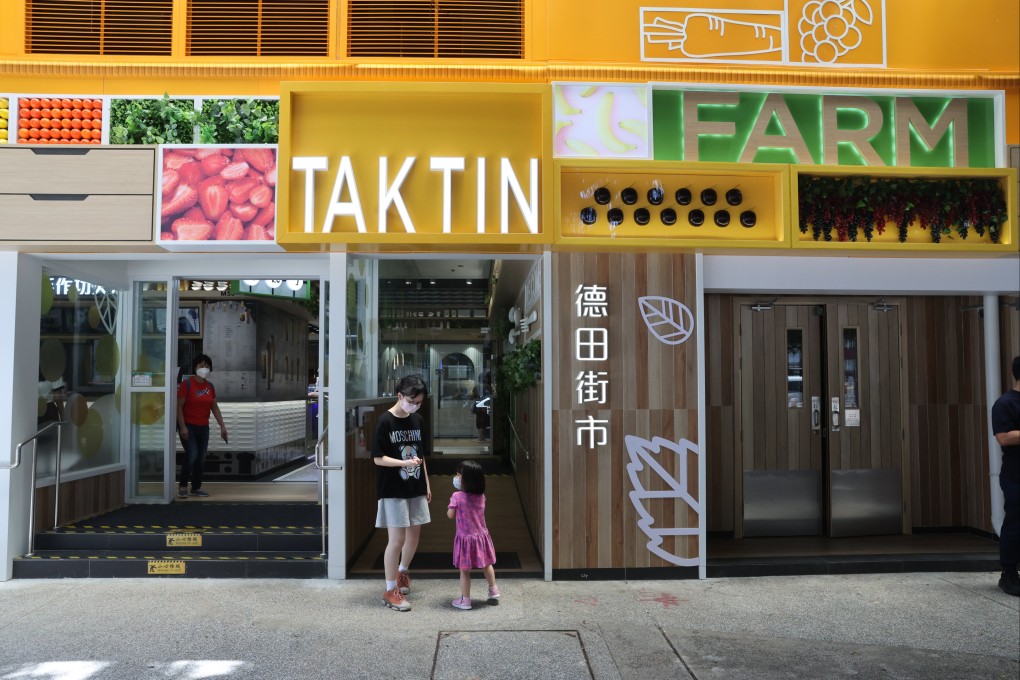Letters | Small businesses remain key to attractiveness of shopping malls
- Readers discuss efforts to retain independent stores in shopping malls, and Hong Kong’s storm water drainage system

This could not be farther from the actual situation. Small independent stores or speciality shops are essential to ensuring the provision of a wider range of goods and services, which adds character and attraction to our shopping malls. There are no incentives for us to substitute distinctive small shops with run-of-the-mill chain stores to keep our customers engaged. We always actively search for individual speciality tenants that offer high-quality, unique products and services.
Whenever a tenant ends their lease, we look for a similar replacement. When some elderly operators choose to retire at the end of their leases, it is difficult to find substitutes that have the same affinity with the local neighbourhood. We may have to settle for the closest replacement of a chain store in a similar trade category to serve the community.
In fact, chain store proliferation has been a common phenomenon in the global retail industry over recent decades. It is not unique to Hong Kong or to Link malls. That said, small businesses, excluding fresh market stalls, have comprised about 60 per cent of Link’s total retail shops over the past 10 years or so.
Link is also committed to ensuring affordability for our tenants. The rent-to-sales ratio of our Hong Kong retail tenants has been in the low to mid-teens over the years. As of March 31, the occupancy-cost ratio stood at a healthy 12.5 per cent with a historically high occupancy rate of 98 per cent, reflecting tenants’ ability to afford the rental charges.